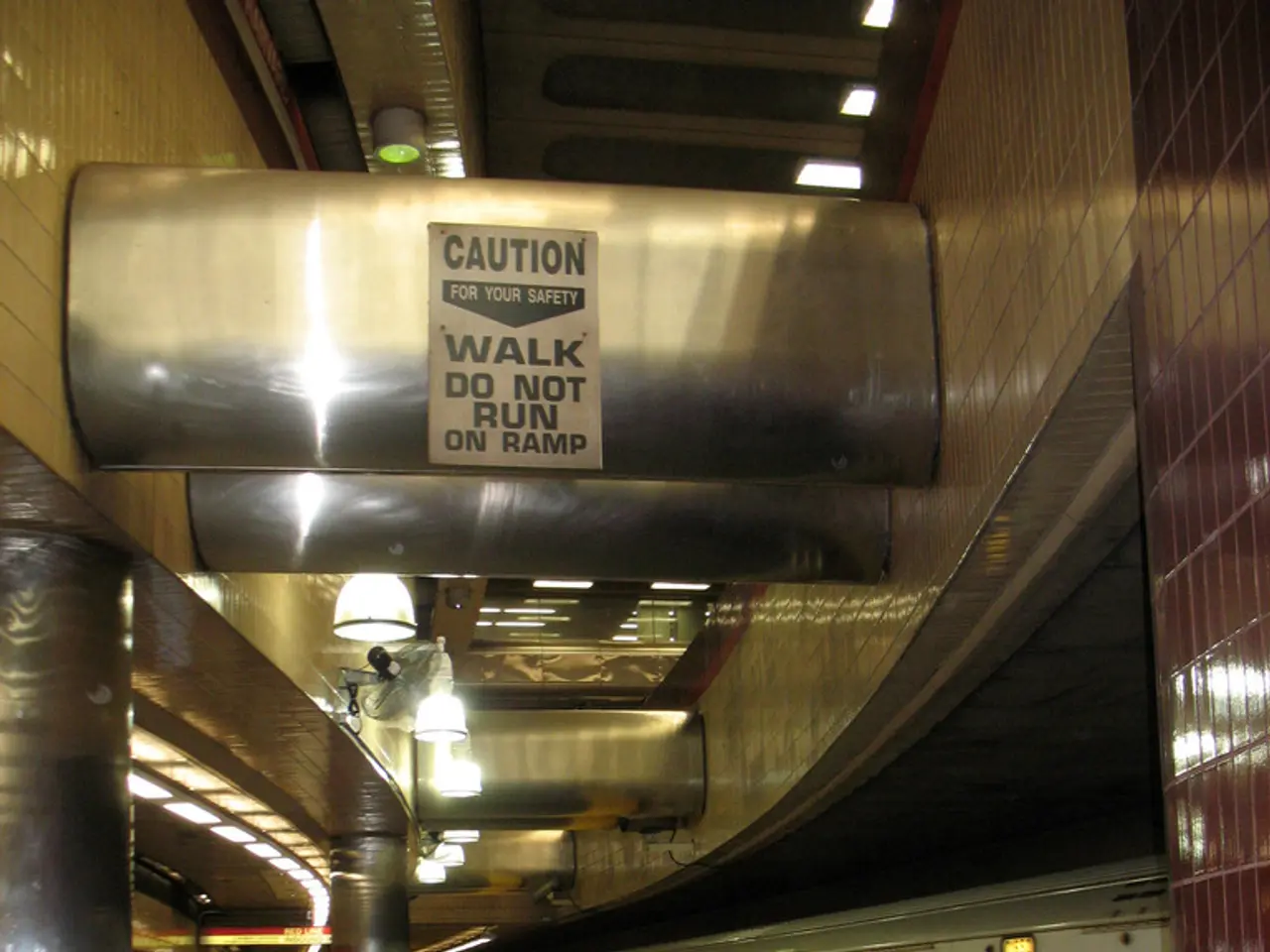Impasse in Thuringia's Judicial Committees: CDU vs. AfD
Determining the selection of judges and public officials remains elusive - Unattainable election process for judges and prosecutors persists
The ongoing struggle to fill crucial parliamentary committees in Thuringia's State Parliament has hit another roadblock. The CDU (Christian Democratic Union) faction proposed candidates for these committees, which elect new judges and prosecutors, but their proposal was turned down by the AfD (Alternative for Germany) faction. The necessary two-thirds majority, significantly missing since months, is out of reach without the AfD's support.
According to the CDU's proposal, each of the five state parliament factions would contribute candidates to these committees. The CDU parliamentary business manager, Ulrike Jary, criticized the AfD faction for having "no interest in upholding the rule of law." Despite no AfD submission of their own proposal, the CDU aimed for a consensus.
The AfD vs. CDU: Blame Game
The CDU faction suggested three representatives, two from the BSW, and one each from AfD, SPD, and Left for these committees. However, Wiebke Muhsal, the parliamentary business manager of the AfD faction, deemed this proposal as insincere because the CDU did not consult the AfD faction prior to submission.
The AfD faction has been obstructing the filling of these committees due to their Vice State Parliament President candidates repeatedly failing appointments. Meanwhile, the AfD, the largest faction in the state parliament, is now seeking the position of State Parliament President, Thadaeus König, and no longer settles for a Vice State Parliament position.
- AfD
- CDU
- Thuringian State Parliament
- Thuringia
- Erfurt
- Parliamentary Committees
Behind the Scenes: Political Rift
The heart of this deadlock comes from the CDU's unwillingness to work with or concede influence to the AfD in these vital judicial committees. The CDU views the AfD's presence as unacceptable, leading to a stalemate, preventing these committees from functioning optimally and delaying essential judicial appointments for the state's legal system.
This political conflict underscores the broader animosity within Thuringia's parliament, where collaboration between mainstream parties and the far-right AfD remains tense, affecting governance, and institutional processes like judicial appointments.
- The ongoing impasse in the Thuringian State Parliament's Parliamentary Committees, largely due to the CDU and AfD's disagreements, can be attributed to the CDU's reluctance to collaborate with the AfD in crucial judicial committees, according to the general news reports.
- The AfD and CDU's blame game in Thuringia's politics, as highlighted in the policy-and-legislation sector, continues to revolve around the CDU's perceived insincerity in not consulting the AfD faction before submitting their proposal for the Parliamentary Committees, as both parties strive to gain leverage in Erfurt's legislative landscape.




